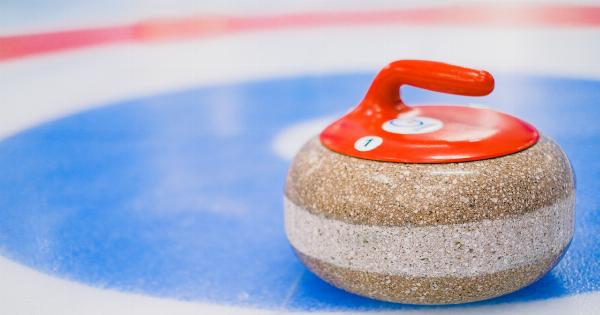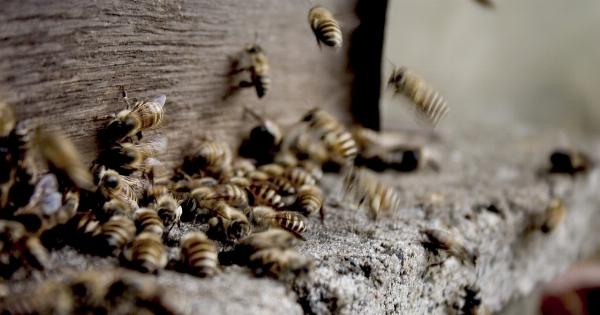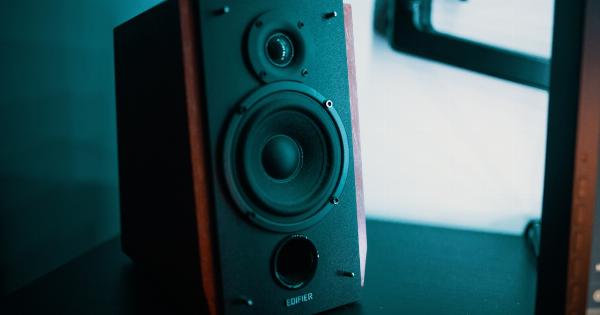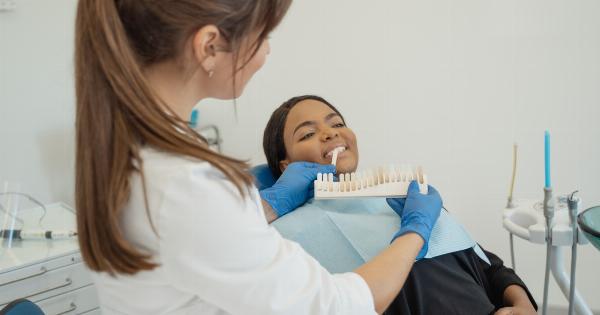Have you ever experienced a sudden and uncontrollable vocalization accompanied by an involuntary contraction of the diaphragm? If so, you probably have the hiccups. Hiccups are a common occurrence that affects people of all ages.
They are often caused by a variety of factors such as excessive eating or drinking, sudden changes in temperature, smoking, or even emotional stress. Although hiccups are usually harmless, they can also be a sign of an underlying medical condition.
What are Hiccups?
Hiccups are a sudden and involuntary contraction or spasm of the diaphragm muscle, which is responsible for breathing. The diaphragm is located between the thoracic and abdominal cavities and separates the lungs from the digestive system.
When we breathe, the diaphragm contracts and pulls air into the lungs. When we exhale, the diaphragm relaxes and pushes air out of the lungs.
Hiccups occur when the diaphragm contracts involuntarily and rapidly, causing a sudden intake of air that then closes the vocal cords, producing the characteristic “hic” sound.
What Causes Hiccups?
There are many factors that can trigger hiccups, including:.
1. Eating or Drinking Too Quickly
When we eat or drink too quickly, air can get trapped in the stomach. This causes the diaphragm to contract involuntarily, leading to hiccups.
Overeating or drinking carbonated beverages can also trigger hiccups by causing the stomach to become distended.
2. Drinking Alcohol
Alcohol can irritate the esophagus and stomach lining, which can trigger hiccups. This is especially true if you drink too much alcohol in a short period of time.
3. Extreme Emotions
Sudden, strong emotions such as excitement, stress, or anxiety can cause hiccups. This is because these emotions can trigger the release of adrenaline, which can lead to sudden changes in breathing patterns.
4. Sudden Changes in Temperature
Exposure to sudden changes in temperature, such as going from a warm room to a cold one, can cause hiccups. This is because the sudden change in temperature can cause a sudden contraction of the diaphragm muscle.
5. Smoking
Smoking can irritate the nerves that control the diaphragm, which can lead to hiccups. In addition, smoking can also irritate the esophagus and stomach lining, causing hiccups.
6. Medical Conditions
Hiccups can also be a sign of an underlying medical condition such as gastroesophageal reflux disease (GERD), pneumonia, kidney failure, or brain tumors.
In these cases, hiccups may be accompanied by other symptoms such as chest pain, difficulty breathing, or nausea and vomiting.
How to Get Rid of Hiccups?
Most cases of hiccups go away on their own within a few minutes. However, if hiccups persist for more than 48 hours, you should consult a healthcare professional.
There are several home remedies that may help relieve hiccups, including:.
1. Holding Your Breath or Breathing into a Paper Bag
Holding your breath or breathing into a paper bag helps increase the levels of carbon dioxide in your blood. This can help relax the diaphragm muscle and stop hiccups.
2. Drinking Water
Drinking a glass of water may help stimulate the vagus nerve, which can help stop hiccups.
3. Eating a Spoonful of Sugar
Eating a spoonful of sugar or honey may help stimulate the vagus nerve, which can help stop hiccups.
4. Gargling with Ice Water
Gargling with ice water may help stimulate the vagus nerve, which can help stop hiccups.
When to See a Doctor?
If your hiccups persist for more than 48 hours, you should consult a healthcare professional. In addition, if you experience other symptoms such as chest pain, difficulty breathing, or nausea and vomiting, you should seek medical attention.
Conclusion
Hiccups are a common occurrence that affects people of all ages. Although they are usually harmless, hiccups can also be a sign of an underlying medical condition.
If your hiccups persist for more than 48 hours or are accompanied by other symptoms, you should consult a healthcare professional. There are several home remedies that may help relieve hiccups, including holding your breath, drinking water, eating a spoonful of sugar or honey, or gargling with ice water.






























